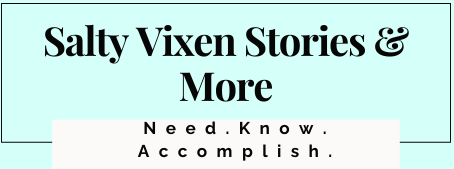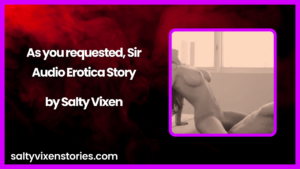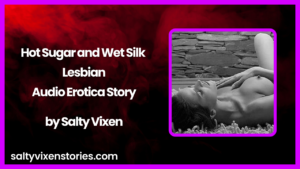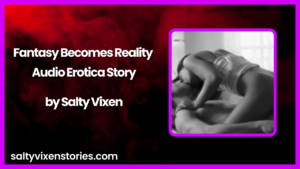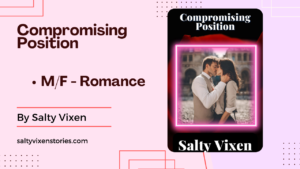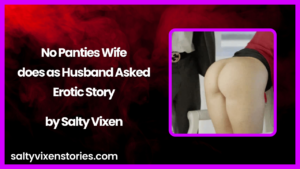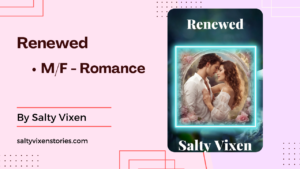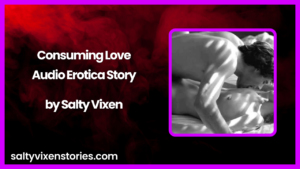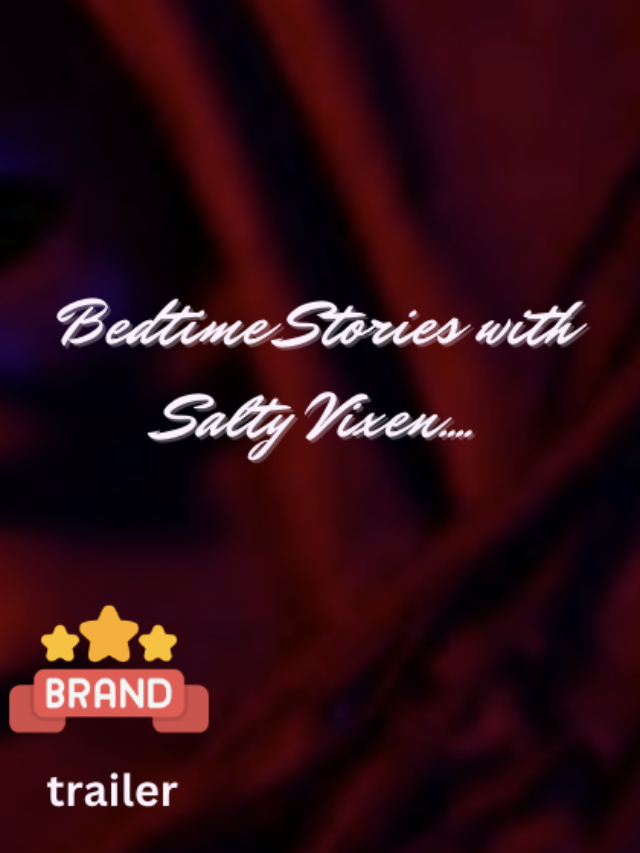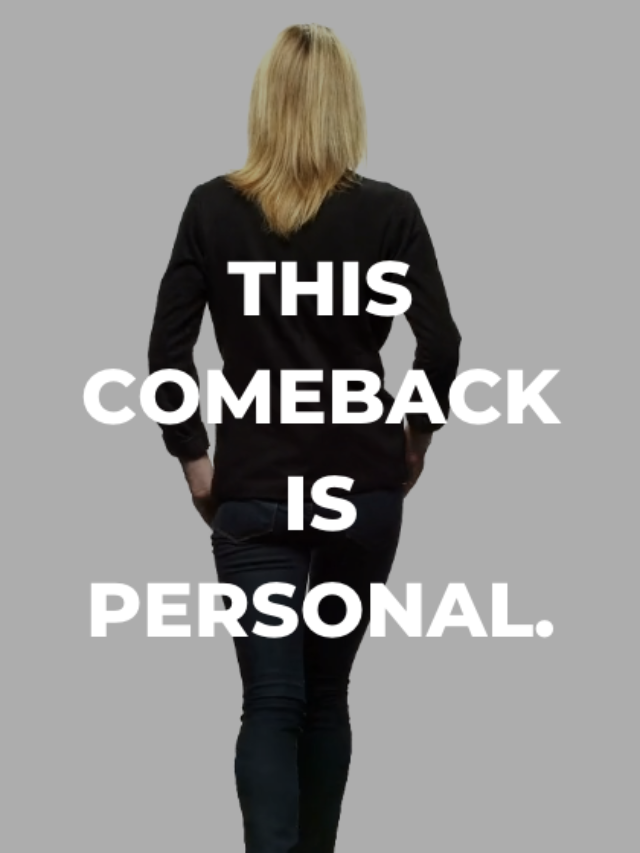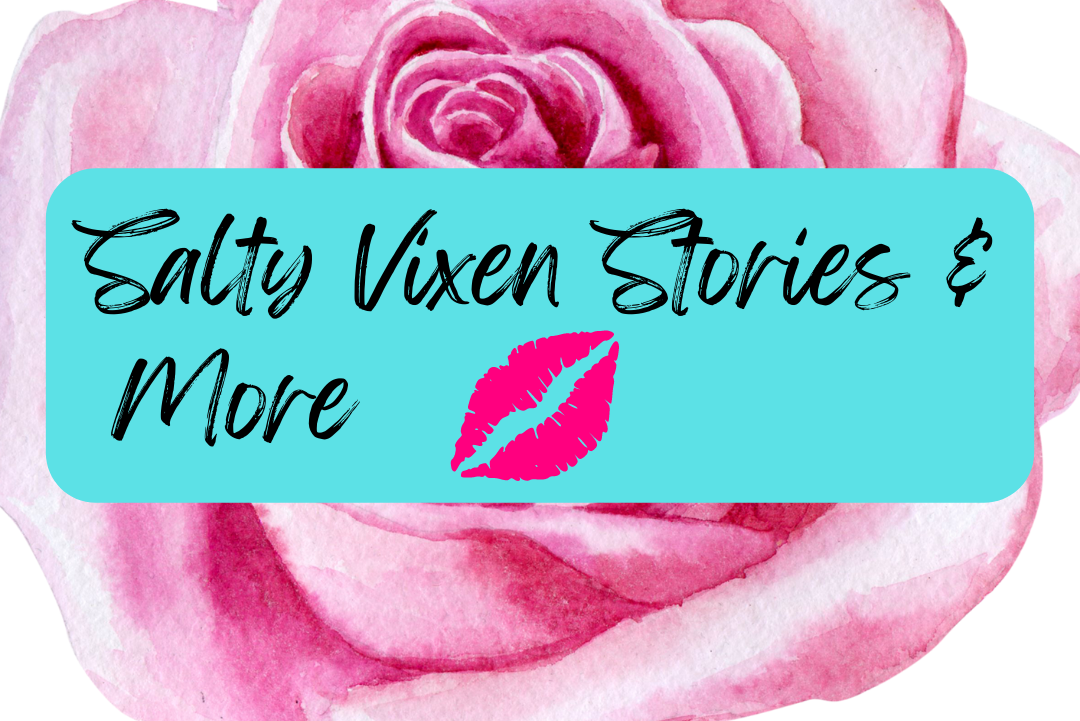No matter how great the story or profound the writing, there is always room for improvement. This probably sounds obsessive, but it is true. Editing always benefits the craft of writing, but what do you do when you don’t have the services of a skilled editor at the ready? For me, I find that I need to read over my story at least three times with a specific intention for each review. The first time I am looking for grammatical or spelling errors, the second time is used to check the story for holes in the plot, and finally, I read the work over to ensure that I have not missed anything.
When I have completed a story, I sit back, take a deep breath, and begin the editing process. The first thing I do is to hit the spelling and grammar check button and let it work its magic. This will normally pick up any misspelled words and bring grammatical errors to my attention. This is a great thing since I never once won a spelling bee and fragments are by nature sneaky creatures. This of course does not excuse a writer from reading over his or her work to catch errors that might not be picked up by spell check. For example, if you have typed “hat” but you meant “what” or “that”, your computer will never be the wiser, but your reader will and will probably find it humorous that you didn’t catch the mistake before submitting the story. Also, it is very important to read the work to ensure that the verb tense and point of view are uniform throughout the story. Nothing unnerves a reader more than to be reading in the past tense and suddenly it’s the present or what can be even more unsettling is to be reading a first person narrative that suddenly becomes third. To do either of these is to confuse or at the very least annoy your audience, which usually turns the reader off, and this is the kiss of death for any story.
The next step in this process for me is to read the piece again with a more critical eye to get rid of excess words or look for holes in the plot. This is often times hard to do as a writer, but it nonetheless necessary. Every time I read over my work I look for ways to say what I need with fewer words. It hinders the impact of a statement if it is bogged down with verbiage. Ask yourself “Do I really need to have “that”, “just”, or “so”?
Here’s an example:
“She gave me the paper that she had been reading just as she walked out the door.”
The above sentence can become:
“She gave me the paper she had been reading as she walked out the door.”
The sentence works without “that” or “just”, thus allowing me to cut them. This may seem like a small change, but if a story is littered with excess words, it will weigh down the piece. It is perhaps better to remember you are creating a work of fiction, not trying to meet the minimal word count of a college essay. Your writing will be much better for it.
Another thing I look for in a piece on the second review are holes in the plot. There are two types of plot holes. The first is the sort that will stop a reader dead in their tracks. This is the kind when a writer doesn’t realize he or she has contradicted him or herself. Imagine how the audience would react to reading the detailed description of a character’s red outfit only to find out it is green in the next paragraph. This may not happen often, but it is always best to review your work to catch these sorts of errors. The second sort of literary mishap is subtler, but can damage a piece of fiction just as badly. It is the dreaded out of character action.
Writer’s work diligently at creating people who are detailed and have distinct personalities and readers grow accustomed to this sort of familiarity, but what happens when this breaks down. It doesn’t matter if you write novels or short stories, when people get into a story and a character does something that doesn’t fit his or her previously described personality or motivations it can turn the audience off. I remember in story I wrote, I had described the heroine as a quite mild mannered sort who didn’t take chances, but as the story took shape she was anything but timid. This left me with the dilemma of rewriting her personality or changing the story. I ended up creating a strong willed woman who would have been comfortable in the situations presented to her. Basically, when all is said and done, you want to ensure the story makes sense to the readers and doesn’t them scratching their heads thinking “Huh?”
The final step in my personal editing routine is to read the work over one last time to make sure I have not overlooked something. I usually follow the steps in the first two reads, but I take more time in this last review. In fact, I find it is better to walk away from the piece for a few days or at least a couple of hours. This allows me to become detached in order to review it from as close to the perspective of a person reading for the first time as a writer can get. Being only human, you can’t really achieve true objectivity in editing your work, but if you distance yourself from it for a while, it helps you to pick up on things you might miss right after you have just written the story. I have trouble finding errors when a piece is fresh in my mind because the familiarity of the work fills in the blanks for me, but if I take the time to forget what I have typed and read it once more, I often find several things I missed. Once I did this and found several typos that spell check had missed. Another time, I caught a confusing dialogue scene that only worked during the first two reviews because I was too familiar with the story. If I hadn’t given myself the extra time to review that last time in either of these cases, I would have missed some important errors that could have ruined an otherwise good story.
Self-editing your work is a tough process, but it can be extremely helpful in the long run. If you take the time to read your piece looking for specific errors each time, such as spelling and grammar errors or holes in the plot, you will uncover more mistakes and ameliorate your writing for not only the story at hand, but your future works as well. This may seem time consuming and tedious at first, but it will allow you to grow as a writer, which is something both you and your reader will appreciate in the long run.
